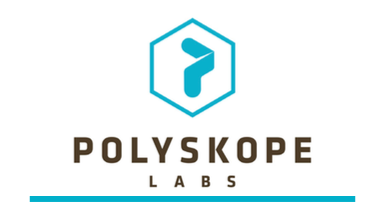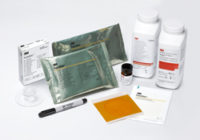PolySkope Labs Applies for Regulatory Approval for World’s First Comprehensive Multiplex Detection Method in Food Safety

PolySkope Labs, a company that develops novel multiplex food safety assays, announced earlier this year that they have submitted for regulatory approval the world's first comprehensive multiplex pathogen detection method. PolySkope Labs has applied for AOAC Performance Tested Method status for the PolySkope 1.0 Pathogen Detection Method in a variety of matrices. PolySkope 1.0 is the first comprehensive and modular multiplex RT-PCR pathogen detection method for the most common foodborne pathogens. The Company anticipates the launch of PolySkope 1.0 in Q3-2017.
PolySkope's CSO, Michael Centola, says "We're thrilled to announce the regulatory submission and upcoming launch of the first true multiplex method in food safety. Our passion is translating our team's expertise in multiplex diagnostic assay development from the clinical space into food safety applications. PolySkope 1.0 will reduce the cost, materials, and complexity needed to make food safer."
In an industry first, PolySkope 1.0 simultaneously detects Shiga Toxin E. coli, Salmonella spp. and Listeria monocytogenes in a single multiplex, modular RT-PCR reaction, using a single, overnight enrichment. PolySkope's revolutionary Multiplex Enrichment Media allows simultaneous enrichment of all organisms in the same bag. End users can detect 1, 2 or 3 pathogens by selection on the instrument; the protocol and sample prep are identical.
PolySkope 1.0 provides enormous savings for end-users by reducing up to 3-fold the media, reagents, equipment, technician labor, equipment, protocol complexity and regulatory burden for pathogen testing. This provides a streamlined and simplified workflow essential to high-throughput food safety labs.
PolySkope has selected the latest ThermoFisher/ABI QuantStudio5 instrument as its preferred platform at launch. This instrument is optimized for multiplexes and allows for secure local and remote (cloud) data storage. It also allows both remote run and analysis for use in satellite labs. The launch of PolySkope 1.0 is slated for Q3-2017.
Looking for a reprint of this article?
From high-res PDFs to custom plaques, order your copy today!





